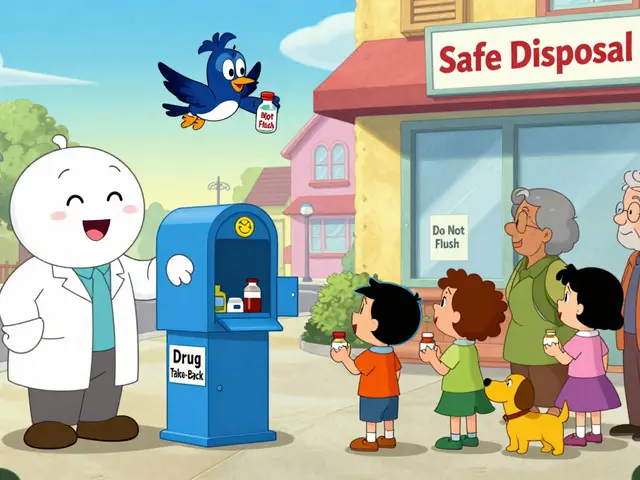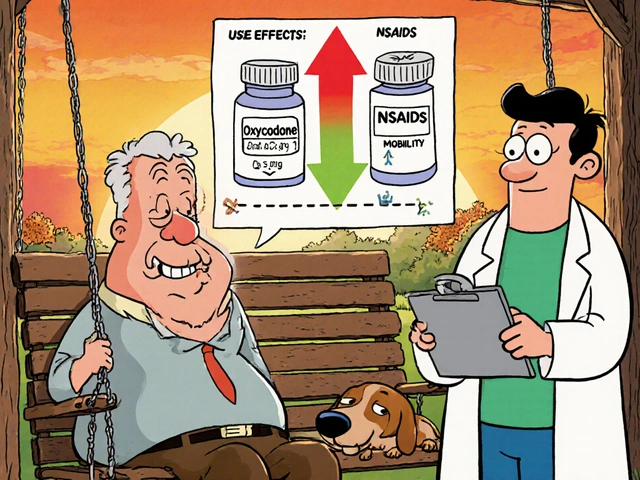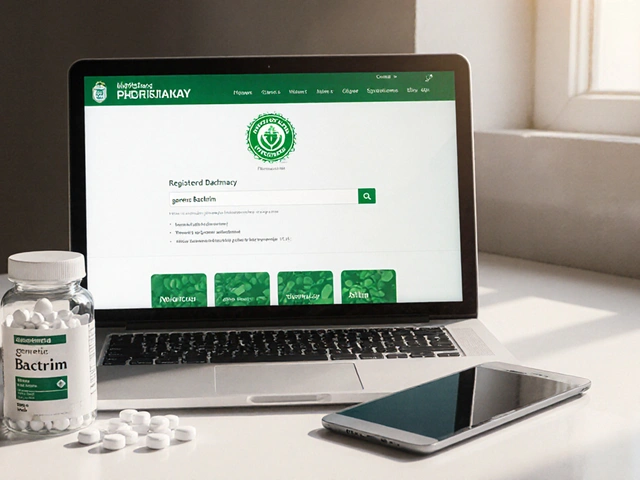GERD Explained: Quick Relief for Heartburn and Acid Reflux
If you’ve ever felt a burning sensation in your chest after a big meal, you’ve probably experienced GERD – gastro‑esophageal reflux disease. It’s not just occasional heartburn; it’s a chronic condition where stomach acid repeatedly climbs up into the esophagus, causing discomfort and sometimes damage. The good news? Small daily changes can make a big difference.
What Is GERD and Why Does It Happen?
GERD occurs when the lower esophageal sphincter (LES) – the muscle that seals the stomach from the throat – doesn’t close tightly enough. When the LES is weak or relaxes too often, acid leaks upward, irritating the lining of the esophagus. Common triggers include fatty meals, caffeine, chocolate, alcohol, and smoking. Even tight clothing or lying down right after eating can worsen the reflux.
Practical Ways to Keep Acid at Bay
First, watch portion size. Eating smaller meals every 3‑4 hours steadies stomach pressure and cuts back on reflux spikes. Swap fried foods for grilled or baked options, and choose low‑fat dairy instead of cream‑heavy sauces. Raising the head of your bed 6‑8 inches – a simple wedge pillow works – helps gravity keep acid down while you sleep.
Second, hydrate wisely. Water dilutes stomach acid, but gulping large amounts during meals can expand the stomach and push more acid upward. Aim for a glass of water before a meal, then sip slowly afterward. Chewing gum for 20 minutes after eating also stimulates saliva, which neutralizes acid naturally.
Third, ditch the smoking habit. Nicotine relaxes the LES, making it easier for acid to slip through. If you quit, you’ll notice less heartburn within weeks, plus a host of other health wins.
When lifestyle tweaks aren’t enough, over‑the‑counter options like antacids, H2 blockers, or proton‑pump inhibitors (PPIs) can provide relief. Antacids neutralize stomach acid fast, while H2 blockers block acid production for a few hours. PPIs are stronger and work best when taken consistently before breakfast. Always talk to a doctor before starting a long‑term PPI regimen.
If you experience alarm symptoms – difficulty swallowing, unexplained weight loss, vomiting blood, or persistent pain – seek medical help right away. These signs could mean esophageal damage that needs professional treatment.
Finally, keep a simple symptom diary. Jot down what you ate, when you ate, and how you felt afterward. Patterns emerge quickly, helping you pinpoint personal triggers and avoid them in the future.
Living with GERD doesn’t have to be a constant battle. By trimming trigger foods, adjusting meal habits, and using the right meds when needed, you can tame the burn and enjoy meals again. Stay aware, act early, and you’ll keep reflux at arm’s length.







Categories